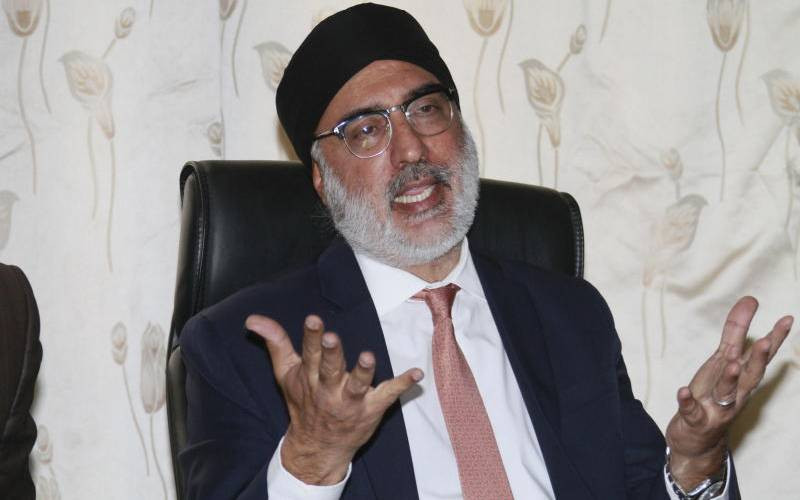
Audio By Vocalize

The shock kidnapping of sugar and cement billionaire Jaswant Rai in a mafia-style crime in Nairobi has turned the spotlight on the tycoon's family, which has built a business empire amid intricate political connections.
Unverified CCTV footage shared on social media showed a man being ejected from his car by armed men who bundled him into a car and reportedly took him to an unknown destination. On Sunday, Kilimani police boss Moss Ndiwa told The Standard that a member of the Rai family reported at Kilimani Police Station that Jaswant Rai has been missing since Friday.